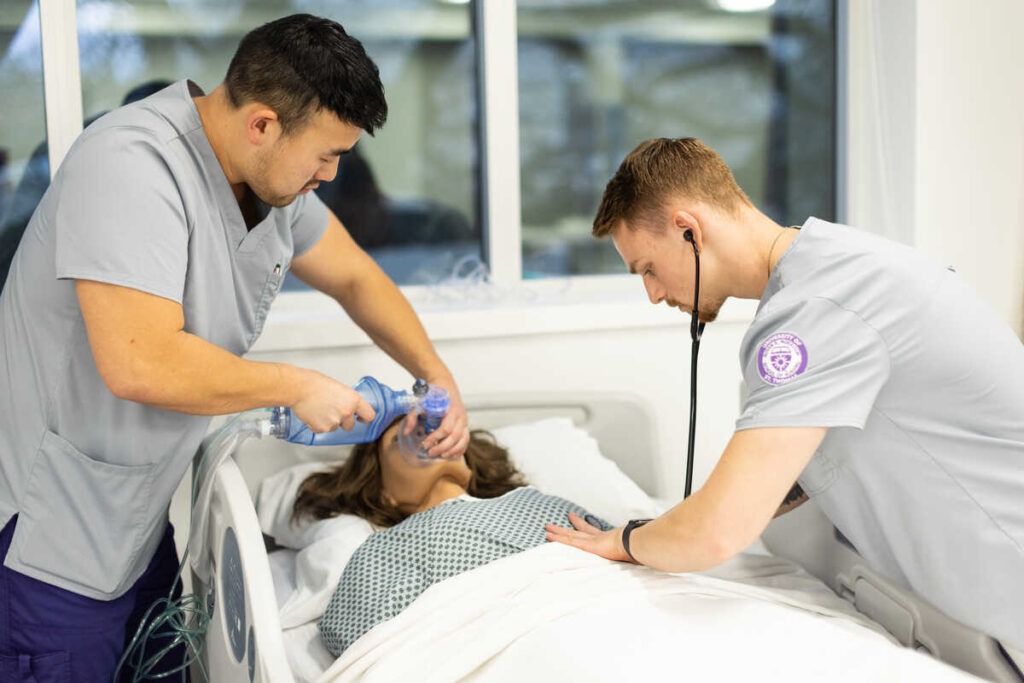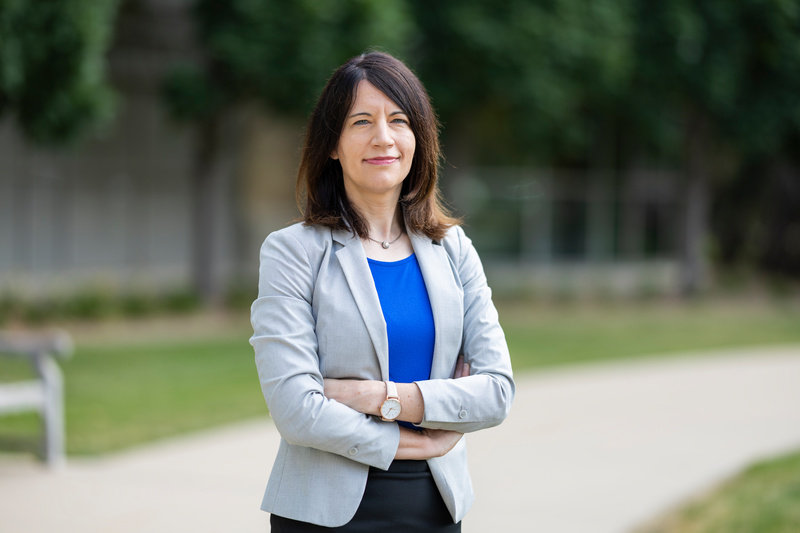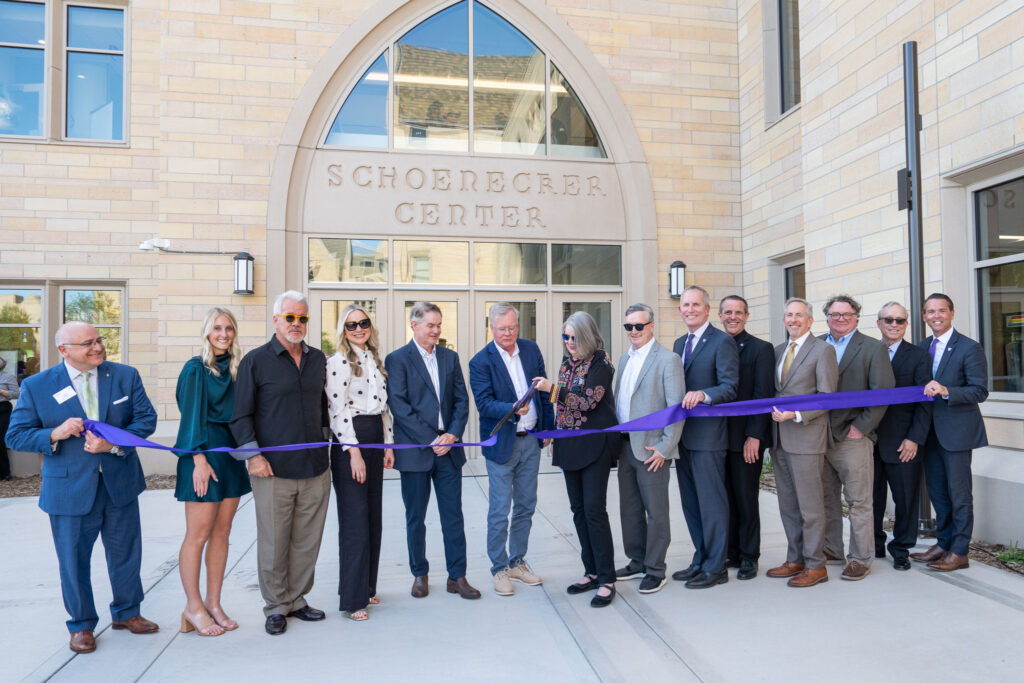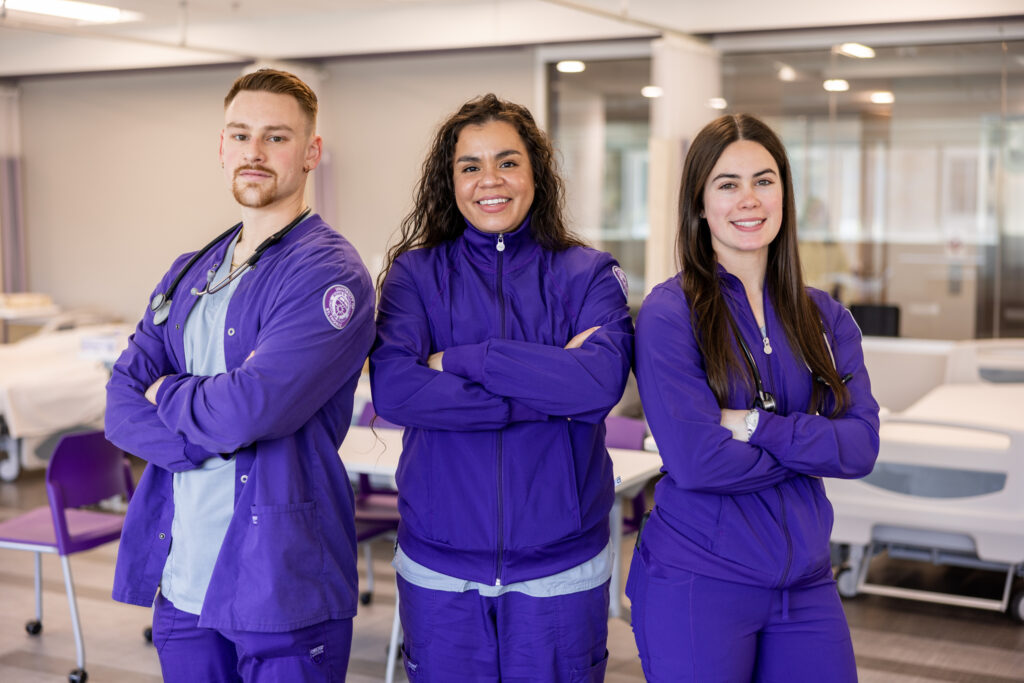Manjeet Rege, software and data science professor at the University of St. Thomas School of Engineering, recently spoke with TechTarget for a story about real-world use cases for “adaptive” artificial intelligence.
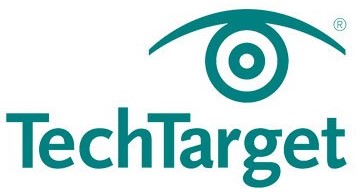
From the story:
This combination of technologies enables adaptive AI to change its own code in response to changing circumstances and its experiences over time. As such, it can improve its own performance and accuracy as it operates. ...
Adaptive AI is helpful for anomaly detection because its ability to adapt makes systems much more accurate when circumstances rapidly change, said Manjeet Rege, professor and chair of the software engineering and data science department at the University of St. Thomas.
As an example, consider an adaptive AI system designed to detect credit card fraud. At the start of the COVID-19 pandemic, it could have incorporated information about the lockdowns and recognized that a credit card user’s sudden shift from minimal online shopping to shopping exclusively online was not likely to be a signal of fraud. ...
Looking toward future potential uses, Rege said adaptive AI could improve diagnoses in health care settings. “This is a futuristic goal, but one that could benefit mankind greatly,” he added.
Rege explained that adaptive AI is more capable than other technologies of identifying subtle changes in patients over time and learning how those changes are indicative of diseases in their earliest stages. Likewise, adaptive AI could be helpful in areas such as effective patient monitoring, preventive care and drug discovery.

